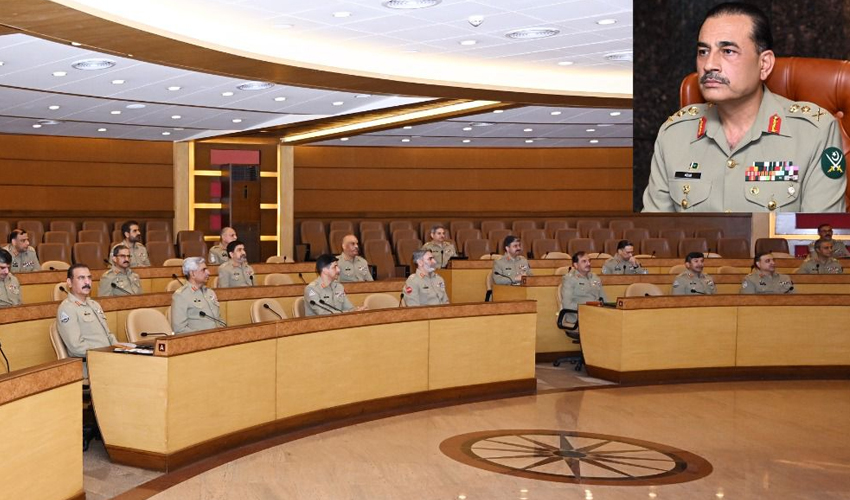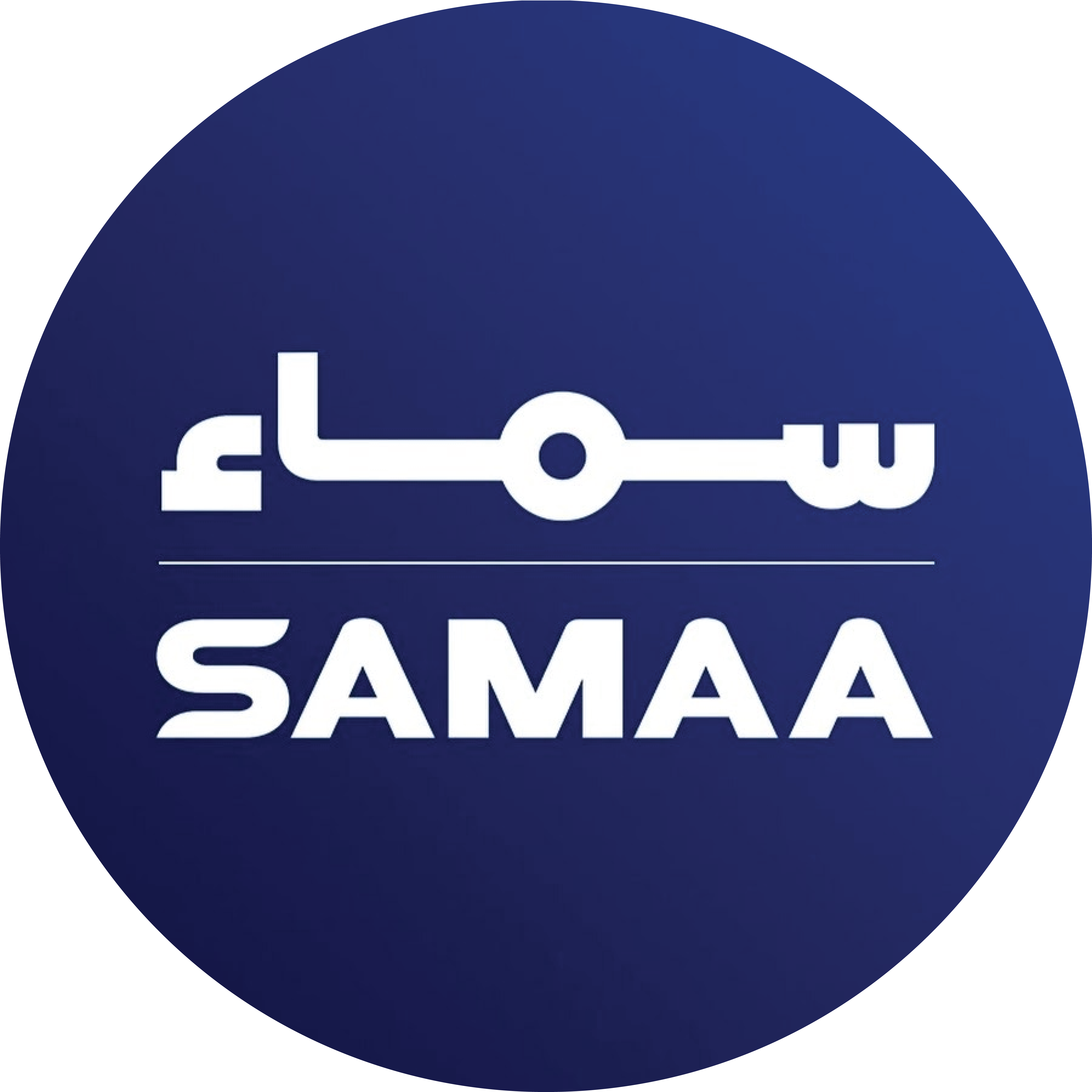Army top brass denounces conspiracy to sow discord between people and security forces
Appreciates untiring efforts of Pakistan Army and LEAs in thwarting several terrorist attacks
Appreciates untiring efforts of Pakistan Army and LEAs in thwarting several terrorist attacks
Feature introduces a new section within the contacts list for beta testers
'Log Kya Kahenge' actress amasses over 128,000 followers on Instagram
Authorities temporarily diverting arriving flights until weather conditions improve
Saudi FM underscores the enduring and strategic nature of the relationship between the two nations
Zara amasses over 6.6 million followers on Instagram
Iqra Aziz, currently captivating audiences in popular drama serial 'Burns Road Kay Romeo and Juliet'
Fazl asks PTI to remove JUI-F reservations for holding talks
Former Pakistani spinner set to boost Bangladesh's spin bowling
Appreciates untiring efforts of Pakistan Army and LEAs in thwarting several terrorist attacks
Read demands of oil tankers owners association
Solar panel prices reach all-time lows, expected to decrease further
Judge hears plea of Bilal Ejaz Chaudhry of Sunni Ittehad Council
The price of the US dollar continues its upward trajectory for the second consecutive day
Punjab govt notifies Rs16 per roti price in Lahore
Expects economic growth rate to rise to 3.5 percent next year
Former Pakistani spinner set to boost Bangladesh's spin bowling
'Log Kya Kahenge' actress amasses over 128,000 followers on Instagram
Feature introduces a new section within the contacts list for beta testers
Authorities temporarily diverting arriving flights until weather conditions improve
Study discovers that sound coming from a disturbed plant could be heard over a meter away
Economic ups and downs can be managed through 'Charter of Economy'

